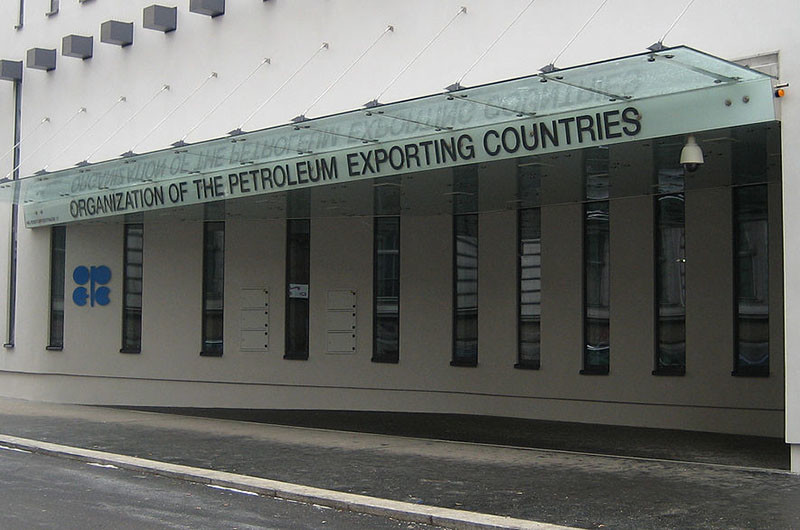OPEC+ wrapped up its weekend in-person meeting with an announcement that it will cut its output by 1.4 million barrels per day in July and extend its reduced production quotas until the end of 2024.
Saudi Arabia will bear the brunt of the cut, reducing to nine million from May’s 10 million barrels per day output, the lowest it has been since the 2020 oil recovery.
Saudi Arabia, led by its Energy Minister Prince Abdulaziz bin Salman, the half-brother of Crown Prince Mohammed bin Salman (also called MBS), is the titular head of OPEC+. Since he was appointed energy minister in 2019, he has made major policy calls for the kingdom and OPEC, but has often overplayed his hand and manufactured disputes. Given his operating style, Abdulaziz is referred to as the “prickly prince” by oil traders. Traders do not like being criticized for their negative views and short positions in crude oil futures. Traders hold their largest net crude oil short positions in 11 years. Abdulaziz has warned them that he will “ouch” them.
Judging by May’s 11% oil price decline, especially with the price collapse in the month’s final days, it would appear traders were having the upper hand in the battle with the prince. However, on Thursday and Friday of last week, the first two days of June, WTI futures jumped by $3.65 bbl., pushing the oil price to $71.74, a 5.4% increase and recovering half of May’s loss. Last week’s price volatility showed the effect of traders having cut back their trading commitments. Less trading can lead to increased volatility, exacerbated by economic and geopolitical uncertainty.
As Saudi Arabia’s Oil Minister Sheil Amed Zaki Yamani demonstrated in the 1980s when OPEC members’ greed caused them to deviate from the organization’s oil price stability goal, the dominant producer forced the issue. Yamani, tired of yielding Saudi Arabia’s market share to support OPEC’s marker price, opened the spicket and flooded the market with crude oil and drove the price below $10 a barrel. When OPEC members understood the financial pain low oil prices would bring to their countries, they agreed to production cuts to restore higher oil prices.
Sunday, Abdulaziz engineered an OPEC agreement that involved keeping Russia in line with its output, cutting the production quotas of several African countries that cannot meet them, and allocating that volume to the United Arab Emirates which has been frustrated by having more capacity than it is allowed to produce.
While the media will focus on the negative comments from various OPEC members about the meeting’s outcome, the organization’s goal of creating greater price stability will likely be the outcome of this past weekend. That is an outcome all oil producers should cheer about, even if traders are disappointed. In the future lore of OPEC, Prince Abdulaziz may become the modern-day version of Sheik Yamani.





